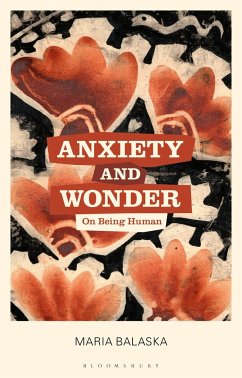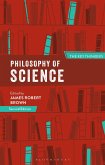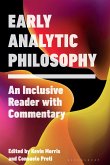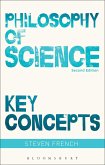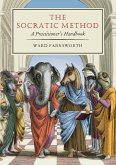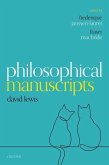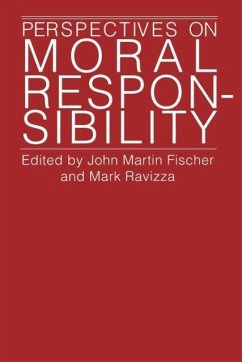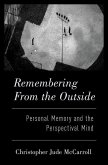'Why is there something and not nothing?' - Martin Heidegger Living a life comes with a degree of usualness and familiarity. Waking up, brushing our teeth, reaching for our iPhone, kissing our loved ones, cooking, daydreaming, meeting friends, working; these are some of the simple ways in which we find ourselves always already in the midst of activities, habits and involvements. Although something unexpected or extraordinary, like a divorce or a pandemic, are obvious ways in which this flow of familiarity can be interrupted, this book deals, instead, with cases of being shaken out of the usual when nothing has changed, when the same beings and activities that had so far appeared familiar suddenly feel most unfamiliar. But how can what is most usual become most unusual, when nothing has changed? Anxiety versus fear, wonder versus curiosity are some of the ways in which philosophers have described such moments as encounters with nothing. What does it mean to be anxious in the face of nothing in particular, and to wonder at the mere fact that anything exists, rather than nothing? And why are these moments so significant? For Kierkegaard anxiety is a door to freedom, for Heidegger wonder is a distress that opens us to the truth of Being, and for Wittgenstein wonder and anxiety are deeply connected to the ethical. Bringing into dialogue different voices from philosophy and psychoanalysis, the book argues that encounters with nothing matter because they bring into view what is most inconspicuous and fundamental about the human condition and what makes it possible to encounter anything at all, our distinct capacity for making sense of things.
Hinweis: Dieser Artikel kann nur an eine deutsche Lieferadresse ausgeliefert werden.
Hinweis: Dieser Artikel kann nur an eine deutsche Lieferadresse ausgeliefert werden.

